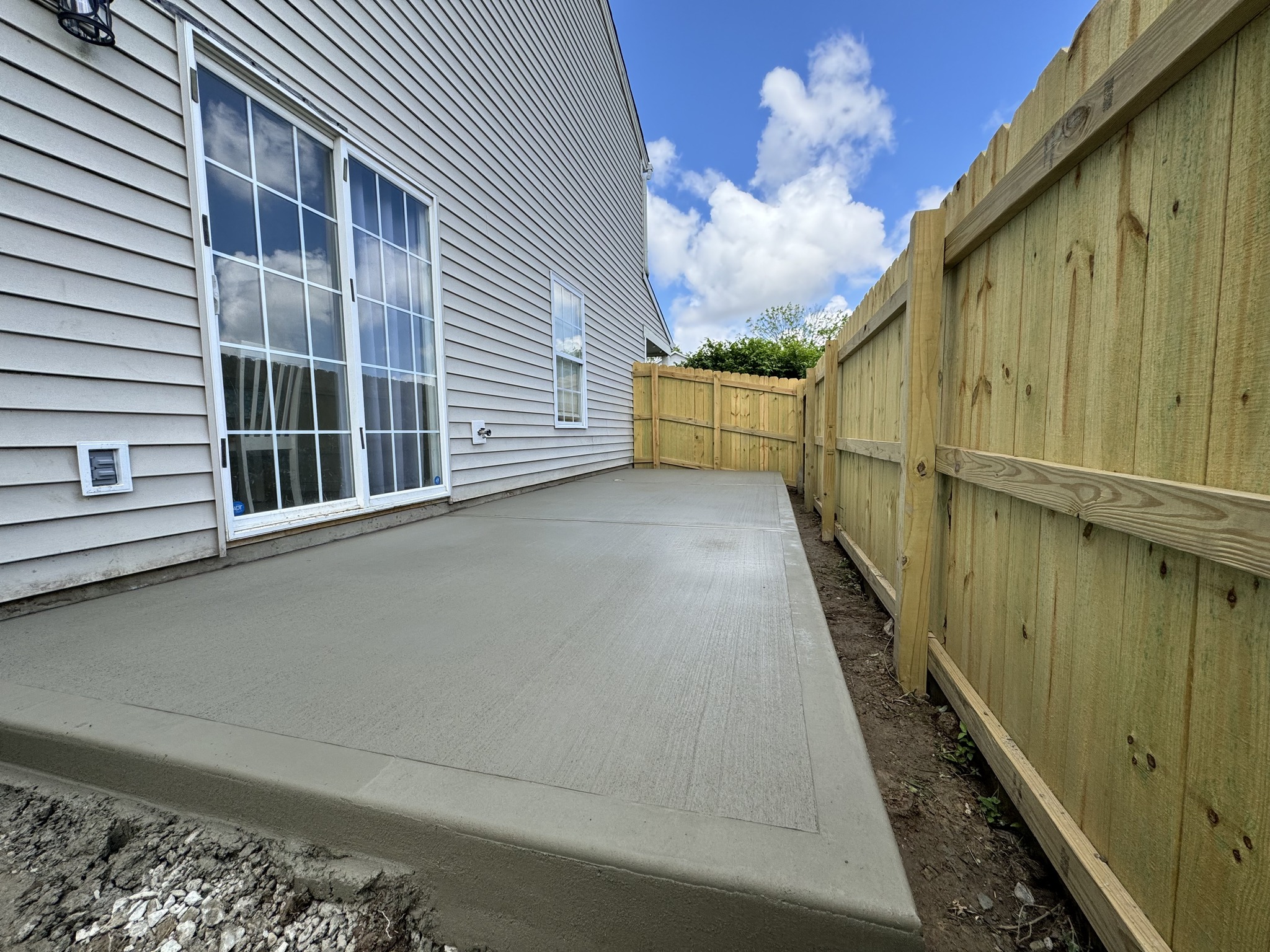
The Benefits of Insulated Concrete Forms for Energy-Efficient Homes Nov 23, 2025
Insulated Concrete Forms, or ICFs, are hollow foam blocks that stack together to form the shape of a building. Concrete is then poured into the hollow space, creating a strong, well-insulated structure. This modern construction method offers several advantages, with superior energy efficiency being a primary benefit.
The energy efficiency of homes built with ICFs is unparalleled. These forms provide continuous insulation on both sides of the wall, eliminating the thermal bridges found in traditional wood-frame construction. As a result, homes built with ICFs can reduce energy consumption for heating and cooling by up to 50%. This not only decreases the residents' utility bills but also reduces the overall environmental impact.
Additionally, the airtight nature of ICFs contributes to enhanced indoor air quality. The tight seal minimizes drafts and limits the infiltration of pollutants, allergens, and moisture, ensuring a healthier living environment. This benefit is particularly advantageous for those who suffer from allergies or respiratory issues, as it helps maintain a stable, clean air quality throughout the home.
Another significant advantage of using Insulated Concrete Forms is their soundproofing capability. Whether situated in a bustling urban area or a quieter suburb, noise can be a concern for many homeowners. ICFs reduce exterior noise by 4 to 8 decibels compared to conventional building materials, providing a serene indoor environment that promotes peace and relaxation.
In terms of longevity and durability, ICFs shine again. The concrete core gives the walls exceptional strength, withstanding extreme weather conditions, and even offering excellent fire resistance. Homes built with ICFs are less susceptible to damage from natural disasters, making them a wise investment for safety-conscious homeowners.
ICFs also promote a faster building process, thanks to their ease of use and the reduced number of steps involved in wall assembly. This can lead to substantial time savings, enabling projects to meet tight deadlines without compromising quality or performance.
Moreover, the versatility of Insulated Concrete Forms allows architects and designers to incorporate them into virtually any building style. Whether building a traditional family home or a sleek modern structure, ICFs adapt to unique specifications, ensuring aesthetic appeal is never sacrificed for functional benefits.
For homeowners and builders invested in the long-term advantages of energy-efficient homes, ICFs present a compelling case. They deliver superior energy savings, improved indoor air quality, noise reduction, and incredible durability—all while supporting faster construction timelines. With these benefits, it’s clear why more people are opting for Insulated Concrete Forms in their home-building projects.
In conclusion, adopting ICF technology not only aligns with sustainability goals but also enhances the living experience through energy efficiency and comfort. As you consider your next construction project, partnering with experts like H&R Concrete ensures you make the most out of this innovative building solution, setting a solid foundation for energy-efficient living.
/filters:no_upscale()/media/203210ff-094f-42a2-9093-cbf56f3c2f93.webp)
/filters:no_upscale()/filters:format(webp)/media/c072d2dd-6e4a-4753-97df-7a6e43b11ff1.jpg)